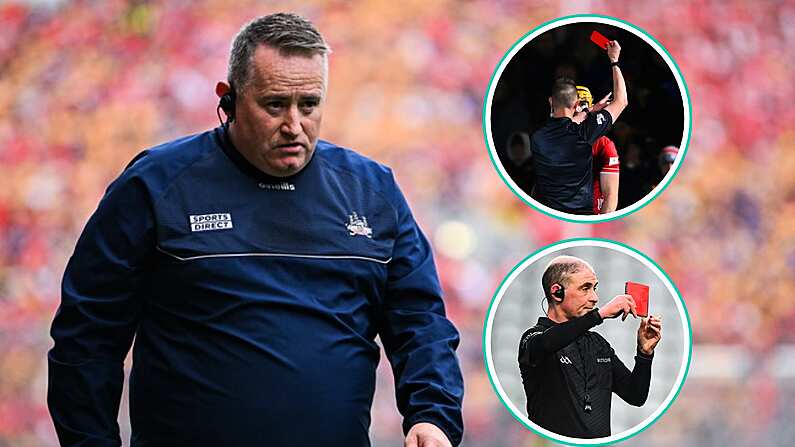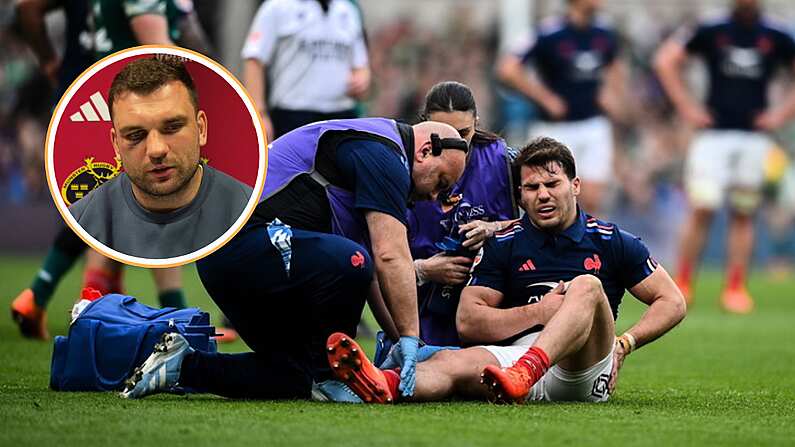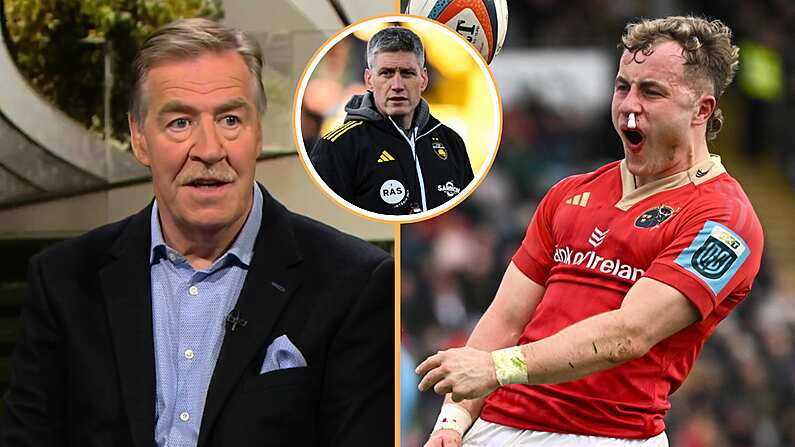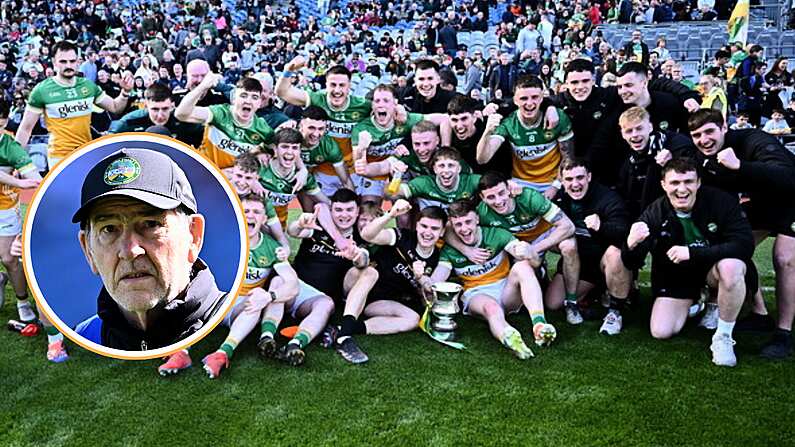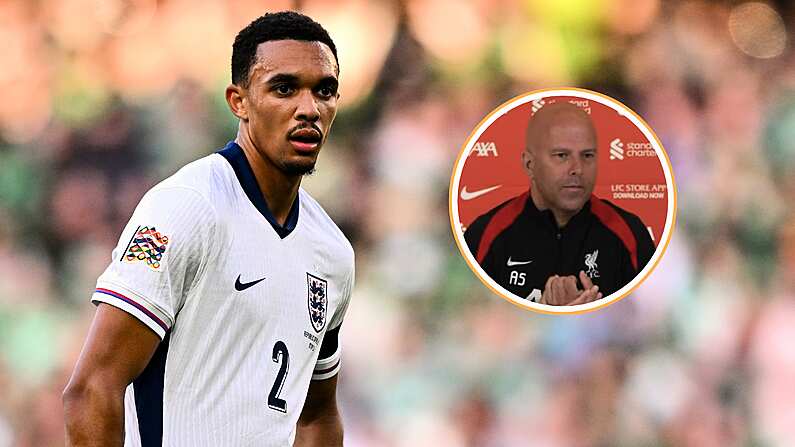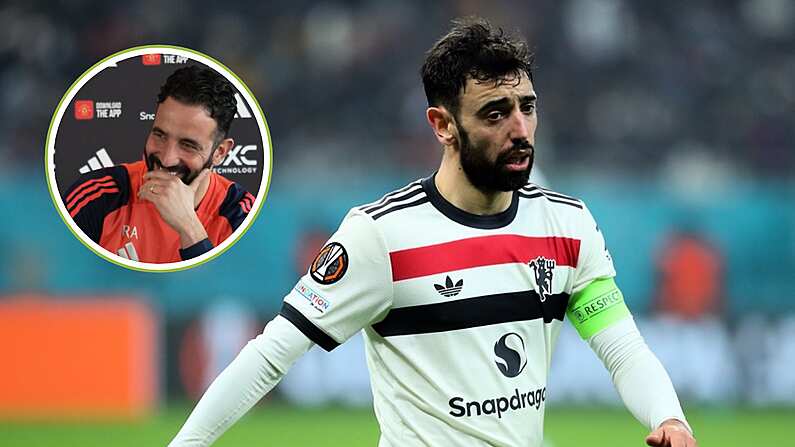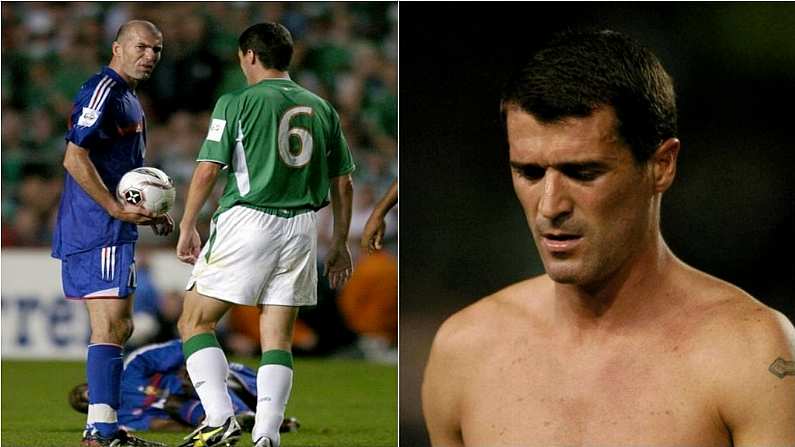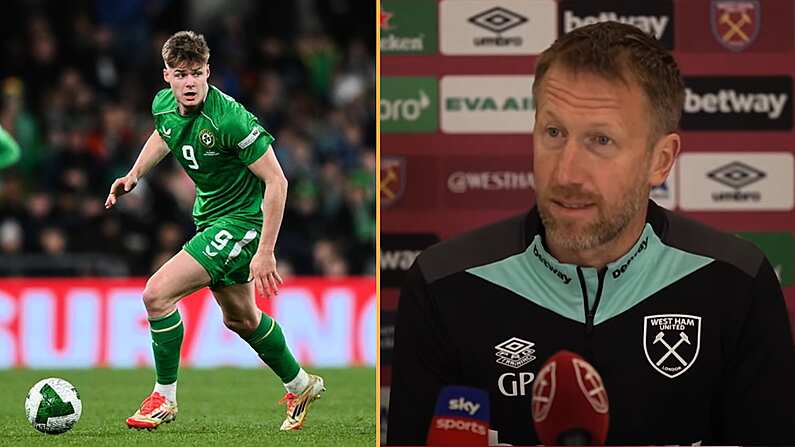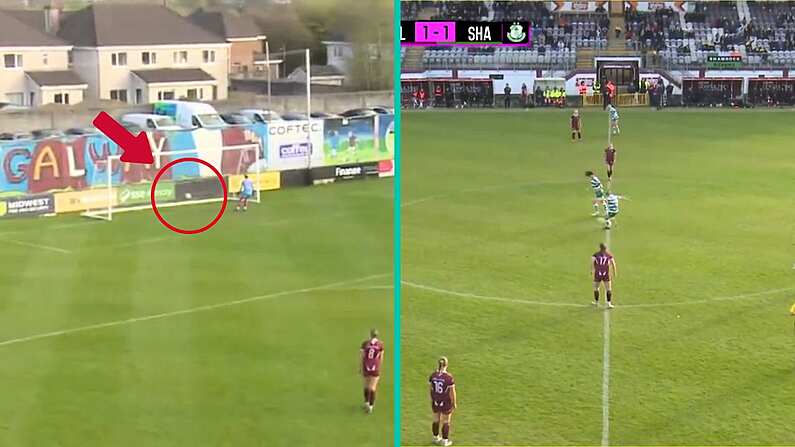A year on from Euro 2016, Ireland versus Austria is a case study in momentum.
Ireland squeezed out of Group E in circumstances dramatic rather than definitive before going down swinging against the French. Austria, meanwhile, strode into the tournament anointed as dark horses and shuffled off as flops.
They were the only team from Group F not to make it to the knockout stages, picking up a single point from three games. Since then, Ireland have shot to the top of the nation's shared World Cup qualifying group, as Austria stumble along in the haze of a European hangover.
They've only beaten Georgia and Moldova thus far, and are four points behind an Irish side they lost to in Vienna. That game was just the latest impressive 1-0 win for Martin O'Neill's Ireland, with the added dimension of it being away from home - Ireland's first competitive win away to a side ranked higher than us in a competitive win since 1987. Remove British sides from that equation, and the year becomes 1967.
Ireland are not significantly stronger than they were in the last qualifying campaign: everyone is older, with the only other changes the inclusion of Harry Arter and the fleeting glimpses of Daryl Horgan. But Ireland have found a way of simply getting things done: James McClean has stepped up to take Jon Walters' place as our most influential attacker, while the likes of Harry Arter and David Meyler have been important when they've been called on.
Nobody lets anybody else down, and the unity and spirit of the Irish side are unignorable virtues: something clearly fostered at the Euros odyssey last year.
That is precisely what Austria are missing. As anecdotal evidence of what Ireland have over Austria: Kevin Long skipped his brother's wedding in the hope he would make his Ireland debut in a friendly game, while Austrian left-back Andres Ulmer is skipping the Ireland game to get married himself.
Austrian manager Marcel Koller publically complained about this in a press conference in May, and called on his side to show unity.
The player [Ulmer] has been called up for years, but he decides to plan his wedding instead of joining up with the team. I can’t understand that.
This is a public call to the players, which is a damn important game, we have to be ready and focused from the first minute of the camp.
It’s important that everyone thinks about what they want, and if they want to be part of the national team, it means having a red-white-red heart with a lot of passion.
You have to prepare yourself mentally or say ‘I do not play in the team’ There is only one option – being at full throttle for Austria.
Few things provide clarity quite like defeat, and Austrian football journalist Alexander Strecha believes that the disappointment of Euro 2016 has exposed a division within the squad. While it is not a case of players turning their back on the manager, there does seem to be a distinct separation between those close to key players like David Alaba and Marko Arnautovic and the elder players loyal to long-time servants Marc Janko and captain Julian Baumgartlinger. It's not a case of half the players downing tools, but there is an absence of trust there that can be exposed among the cut and thrust of international football.
Hence Koller's calls for unity: they need it. Along with these intangibles to deal with, Koller has some more practical problems. Marko Arnautovic, Austria's top scorer in qualifying, is suspended, while striker Marc Janko, their other main source of goals, will miss out through illness. Marcel Sabitzer is out, too.
That leaves three strikers in the squad, who have a collective total of zero international goals. The likely replacement for Janko will be Guido Burgstaller of Schalke, who scored nine goals in 18 Bundesliga appearances last season, having joined the club from Nuremberg in the January transfer window. He is similar to Janko: a hulking centre-forward capable of leading the line alone.
Marko Arnautovic has taken David Alaba's role as their most influential player, but with the Stoke winger out, it will fall on Alaba to make the difference. He has experience of starring in Dublin before: his late free-kick equaliser in 2013 hurt Irish hopes of going to Brazil, and he torpedoed them with a winner in Vienna later that year.
Since the winner in Austria, however, he has scored just four competitive goals, with the last of those against Sweden in September 2015. His torpor has hurt Austria badly since, with fevered debates over his position a feature of virtually every Koller press conference.
Many believe he should play at left-back, the position which he has made his own at Bayern Munich. Koller, however, persists on playing him in the centre of midfield. He'll likely do that in Dublin on Sunday, and so committed is he to avoiding putting Alaba at left-back, he is likely to play without one at all: Strecha predicts Austria to play with three at the back, with a jammed midfield separating that defence from Burgstaller.
In spite of Alaba's poor form, and the enormous pressure he is subject to in the Austrian press, he will be the most talented player on the sideline opposite Roy Keane on Sunday, and Strecha believes that he can make the difference in Arnautovic's absence:
Now more than ever that Arnautovic is missing, it could be a crucial game for him: he can show how important he is. If he manages that, then everything an change. People are holding more and more hope that he will make the difference.
Koller has stressed that a draw would not be a terrible result for Austria, but in reality, they must win. As Strecha puts it, " a draw means you're not out of the race...but you're not really in it".
Martin O'Neill has said that a draw would not be a bad result from Ireland, and Irish fans are often happy to settle for it when we see national sides with the talent of Alaba turn up to Dublin.
But while they have a level of club pedigree that Ireland simply don't have, Austria come to Dublin seeking the one thing Ireland have in spades.


